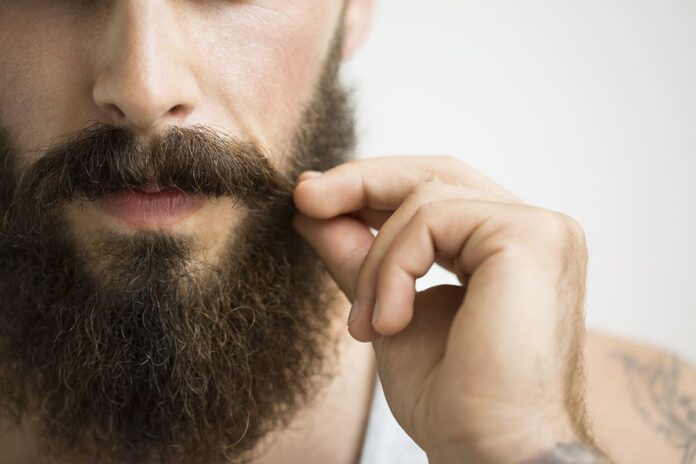Beards might be cool for the hipsters right now, but the truth is they have always been considered attractive on men. The University of Queensland in Australia conducted a study exploring the role of male facial hair on their sexual attractiveness and relationships. The study drew some interesting conclusions – the women said the sexiest men were those sporting a heavy stubble, while clean-shaven men were rated the lowest.
But sometimes hair loss extending to the face can really obstruct your plans to keep a glorious beard or even a goatee. There is a large number of people who suffer facial hair loss, and it can be very disconcerting. People might lose their beard and their eyebrows fully or in patches, either way it can make a considerable difference to your appearance. Losing their beard can be very traumatic for men experiencing it, since beards are associated with masculinity, and can result in a loss of self-confidence.
So why does facial hair loss happen? Well, there are a number of factors that can cause it, like trauma, radiation, surgical scars, chemotherapy, or Trichotillomania, a disorder that is characterised by an urge to pull out hair from your scalp, eyebrows, beards or other areas of your body, despite trying to stop.
However, the good news is that there is a solution to have your beard back. Beard transplants are en vogue and very popular right now, and not just in older men but men in all age brackets.
Beard transplants can be anything from a minor filling of small gaps or thinning areas, to a complete beard or moustache transplant. They are also very helpful for people trying to disguise facial scars, or just get a sharp and chiselled beard line.
The procedures used for beard transplants are the same as those used scalp hair transplants namely FUT and FUE. FUE involves harvesting individual follicles from the donor areas of the scalp, back and sides of the head, and grafting them to the recipient areas. Whereas FUT involves removing a strip of scalp from the donor area, dividing it into tiny grafts, each of which contain a few hair follicles, and then transplanting them into the bald spots.
For beard transplants, the hair follicles are taken from the beard itself if there is only a small patch of hair loss, but in cases of larger gaps, the surgeon can resort to harvesting hair from the donor areas of the scalp.
The procedure can take about 7-8 hours in a sitting, is minimally invasive and pain-free, and has a short recovery time. After the surgery, the transplanted beard hair starts shedding in about two weeks, but starts to grow like your normal beard hair after about three to four months. There can be a little scabbing on both the donor and recipient sites, but it will heal shortly, and won’t leave any permanent scars.
Beard hair transplant is a very fine and sophisticated procedure. It is therefore important that the surgeon you choose is experienced and understands the orientation of hair on different parts of the face. It is only then that they can actually decide the direction and angulation of micro incisions at the recipient sites. And the final result – how your beard looks – is dependent on the surgeon getting these things right.
[irp]
Beard transplants are not just for people who are losing hair but are extremely common with men who have sparse growth of hair on their face, but want to keep a stylish beard.Let’s just say – having a beard is not contingent on how much hair you have on your face anymore.









